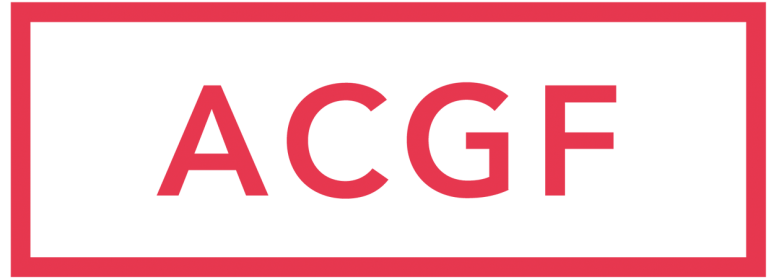Donors & Partners
Donors
ACGF donors have contributed capital and provided the impetus for the establishment and growth of ACGF.
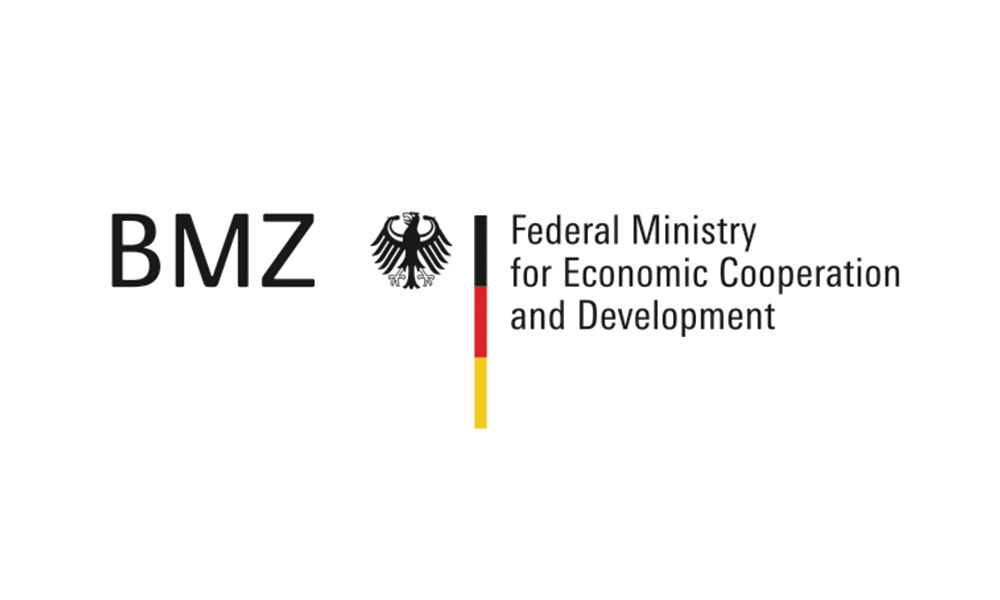
BMZ
The German Federal Ministry for Economic Cooperation and Development (BMZ) is committed to implementing Germany’s development policy abroad.
Since 2004, BMZ contributed financial resources and laid the grounds for the establishment of the CGF-A, the predecessor of ACGF. BMZ has intensively facilitated the process of transition from the CGF-A to ACGF and ensured the governmental support for the transformation of the organization’s status from facility to foundation. BMZ has provided a total of EUR 7.4m in funding to ACGF since 2004.
Ms. Ulrike Beine serves as a representative of BMZ and the Vice Chairwoman of ACGF’s Board of Trustees, thereby participating in the foundation’s strategic decision-making and in providing auxiliary support.
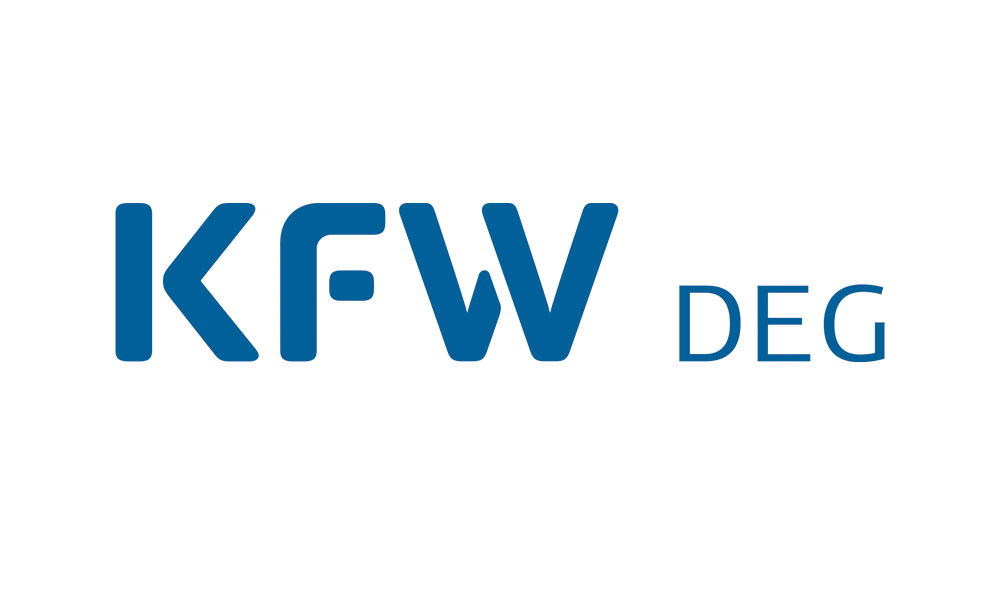
DEG / KfW
Deutsche Investitions- und Entwicklungsgesellschaft mbH (DEG) is a 100% subsidiary of the German state-owned investment and development bank Kreditanstalt für Wiederaufbau (KfW). Within KfW, DEG’s mandate is to finance and support private business initiatives in order to contribute to sustainable economic growth and improved living conditions in developing and transition countries. DEG has provided a total funding of EUR 5.7m, which was partly funded by USAID, to ACGF.
Kreditanstalt für Wiederaufbau (KfW) is the German state-owned investment and development bank. KfW provided EUR 7.4m to ACGF (a partial payment of the total project budget of EUR 15m) under the COVID-19 Emergency Relief Guarantee Scheme for MSME in Afghanistan (CERG) project. This funding must be considered in the context of KfW’s commitment to improving economic, social and environmental living conditions across the globe on behalf of the Federal Republic of Germany and the federal states.
Mr. Bernt Hagenlocher serves as a representative of DEG and the Chairman of ACGF’s Board of Trustees, thereby participating in the foundation’s strategic decision-making and in providing auxiliary support.

THE WORLD BANK
The World Bank is a vital source of financial and technical assistance to developing countries around the world. The World Bank is a unique organization that consists of 189 member countries with the goal to reduce poverty and to spur economic development.
The World Bank provided a total of USD 28.4m in funding to ACGF via the Afghan Government under the “Access to Finance” and the “Strengthening Afghanistan Financial Intermediation” projects.
Partners
ACGF supports its PIs – Afghan commercial banks and microfinance institutions – in challenging times. While PIs are trying to fulfill their role of financial intermediation, ACGF is closely working with them to revive access to finance for MSMEs. Furthermore, ACGF continuously considers new partners focused on lending to the MSME sector.
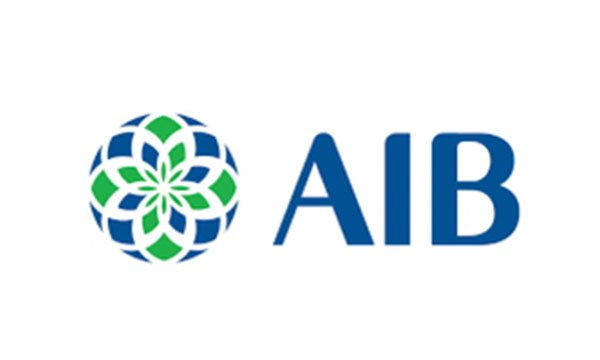
Afghanistan International Bank
Afghanistan International Bank (AIB) was founded in 2004 and has since established itself as a pioneering leader in Afghanistan’s banking sector. Since then, AIB has built an enduring institution that combines international expertise with local knowledge, giving a deep-rooted understanding of customer needs that is grounded in the highest international standards and best practice.
The cooperation between AIB and the CGF A, the predecessor of ACGF, started in 2006. It has successfully evolved into cooperation with ACGF and continues to develop on a systematic basis.
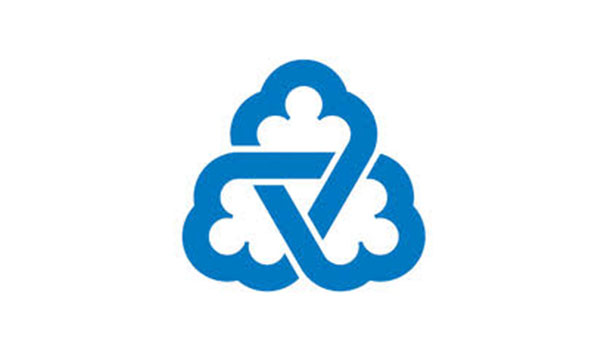
The First MicroFinance Bank
The First MicroFinanceBank (FMFB) is part of the Aga Khan Agency for Microfinance (AKAM), which has programs in over 15 countries throughout the developing world. FMFB has a commercial banking license and started operations in 2004. Its prime objective in Afghanistan is to contribute to poverty alleviation and economic development though the provision of sustainable financial services to the poor and underserved.
The cooperation between FMFB and the CGF-A, the predecessor of ACGF, started in 2006 and was successfully transitioned to a collaboration with ACGF in 2015. FMFB in general systematically submits guarantee applications to ACGF for loans from different regions of Afghanistan and covers a wide range of business sectors.
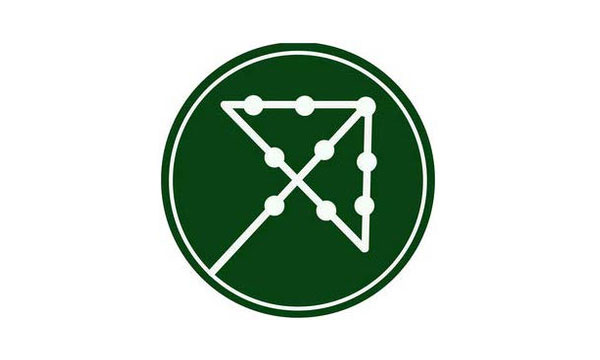
OXUS
OXUS Afghanistan is a microfinance institution and registered as a corporation, which is not licensed by the central bank, but supervised and guided by MISFA. It was founded in 2007 by OXUS, a Paris-based network of microfinance institutions. OXUS Afghanistan provides microfinance services to individuals and MSMEs throughout the country.
ACGF and OXUS Afghanistan signed agreements on a guarantee framework and comprehensive technical assistance in 2018. Technical assistance services to OXUS Afghanistan have focused on reviewing and improving its MSME-lending policy.

Ghazanfar Bank
Ghazanfar Bank is a full-fledged licensed commercial bank, which commenced its operations in 2009. Ghazanfar Bank started its operation from Kabul, offering key financial services both under conventional and Islamic Banking. The Bank has since opened up its Branches at various key locations such as Mazar Sharif, Hairatan, Kunduz, Takhar, Pule- Khumri, Jalalabad, Herat, Kandahar, Faryab besides opening another Nine branches in Kabul in Sarai Shahzada, Shar-e-Naw, Karte Naw, Kote Sangi, Lase Maryam, Industrial Park, Karte Char, Taimani, and Wazir Akbar Khan.
ACGF and Ghazanfar Bank have been cooperating since 2018.
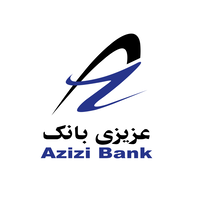
Azizi Bank
Azizi Bank is one of the largest commercial banks in Afghanistan. It was established in 2006 and presently has a geographical presence in 30 of the 34 provinces in the country. With 80 branches and over 100 ATM locations, Azizi Bank maintains an esteemed reputation as it serves its base of over one million customers.
ACGF and Azizi Bank signed agreements on the guarantee framework and comprehensive technical assistance in 2021.

